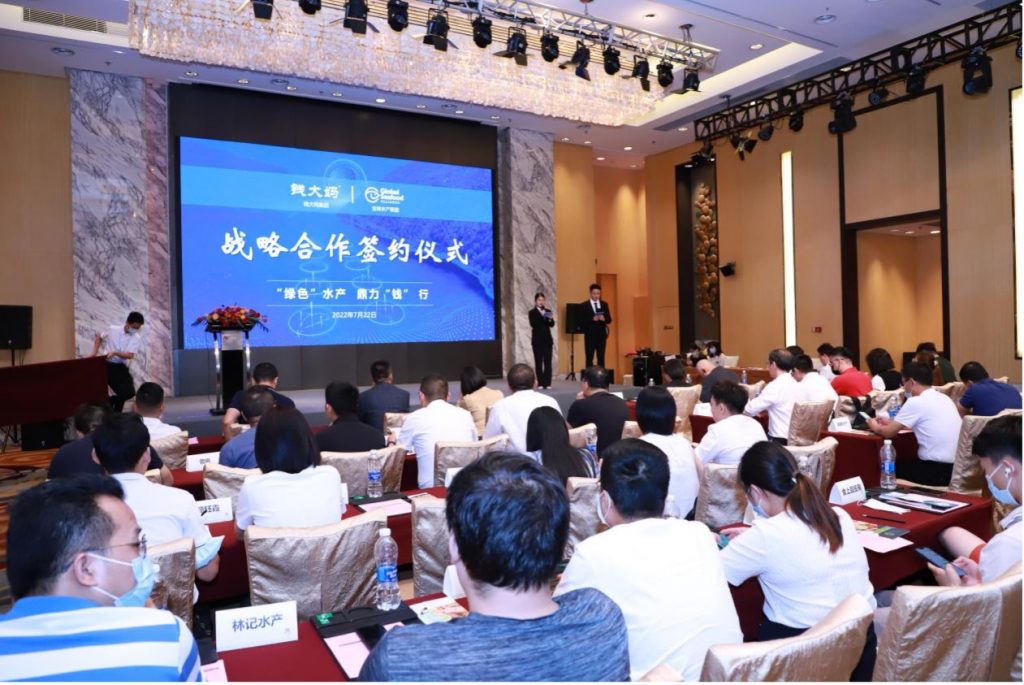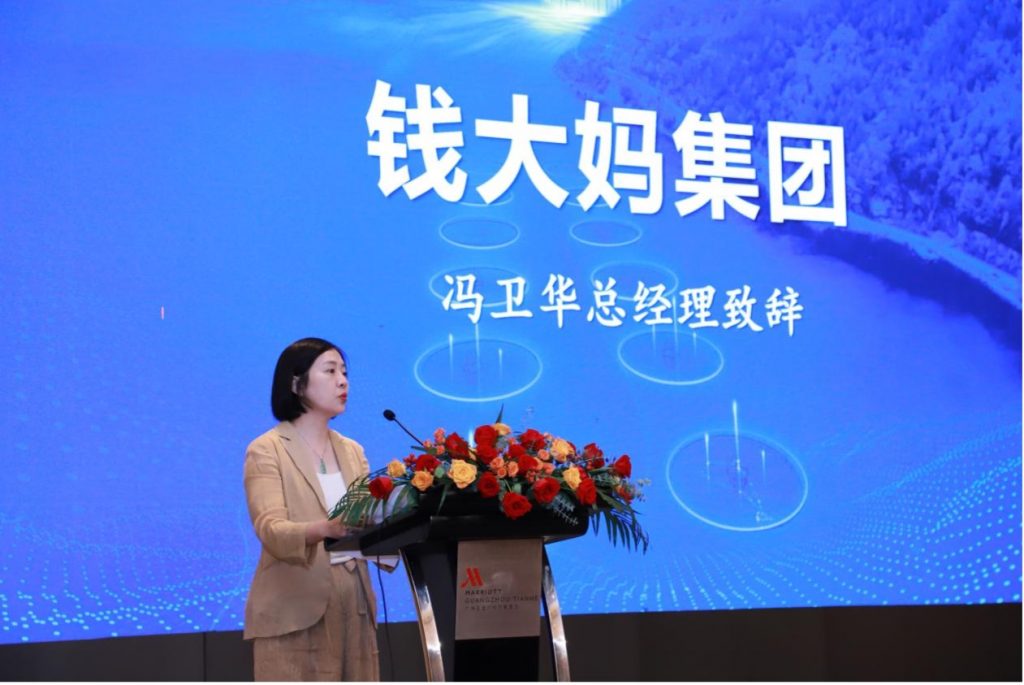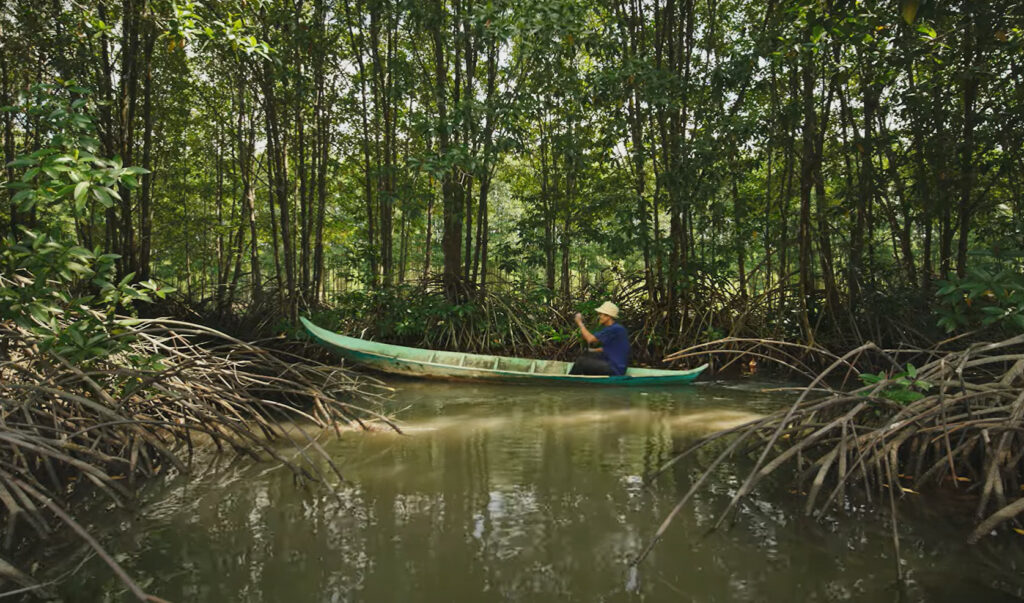Chinese Retailer Qdama Commits to Sourcing BAP Seafood
Chinese retailer Qdama has pledged to source seafood from Best Aquaculture Practices (BAP)-certified producers as part of a memorandum of understanding (MoU) that the company signed with the Global Seafood Alliance (GSA) on July 22 in Guangzhou.

To help provide assurances to consumers, Qdama has agreed to begin sourcing BAP seafood to strengthen its commitment to responsible seafood. BAP is the world’s largest and most comprehensive third-party aquaculture certification program, with standards encompassing food safety, environmental responsibility, social accountability and animal health and welfare.
“Food safety is the most important thing for food. It’s the basic bottom line. Fresh food companies must attach great importance to [food safety], and it is also the lifeline for the sustainable and healthy development of enterprises,” said Weihua Feng, general manager of Qdama. Feng also emphasized Qdama’s commitment to the environment and sourcing healthy, high-quality ingredients. Tanggen Cheng, head of Qdama’s Quality Control Center, said that Qdama provided Chinese consumers with 20,000 tons of seafood in 2021.
Steve Hart, GSA’s VP of market development, sent his well wishes to Qdama via a recorded video. “Qdama recognizes that it needs to provide assurances to its customers that the seafood products it purchases are produced in a safe and responsible manner. The BAP program offers those assurances,” said Hart. “The GSA community looks forward to collaborating with Qdama and Qdama’s seafood suppliers to popularize responsible sourcing in seafood supply chains and continue to grow support for BAP throughout Asia.”

Qdama plans to prioritize purchasing seafood from BAP-certified producers and encourage non-certified seafood suppliers to pursue BAP certification. Providing even more high-quality seafood to consumers will help elevate China’s aquaculture industry and ensure that the seafood market grows and develops in a responsible way, keeping fish in our future.
After the morning ceremony, Qdama, GSA and BAP-certified producer Evergreen co-hosted a successful livestream featuring a popular Internet celebrity who promoted Evergreen products, including sliced snakehead fish, peeled shrimp and ready-to-cook golden pompano. A short TikTok video garnered more than 100,000 views, and many food bloggers joined in to share their own recipes using seafood from BAP-certified producers.
With the addition of Qdama, the industry-leading BAP program now has more than 30 Chinese retail and foodservice companies committed to seafood from BAP-certified processing plants, farms, hatcheries and feed mills.
About Best Aquaculture Practices
Best Aquaculture Practices is a third-party certification program developed by the Global Seafood Alliance, an international, nonprofit trade association headquartered in Portsmouth, N.H., USA, dedicated to advancing environmentally and socially responsible seafood practices through education, advocacy and third-party assurances. Through the development of its Best Aquaculture Practices and Best Seafood Practices certification standards, GSA has become the leading standards-setting organization for seafood.




